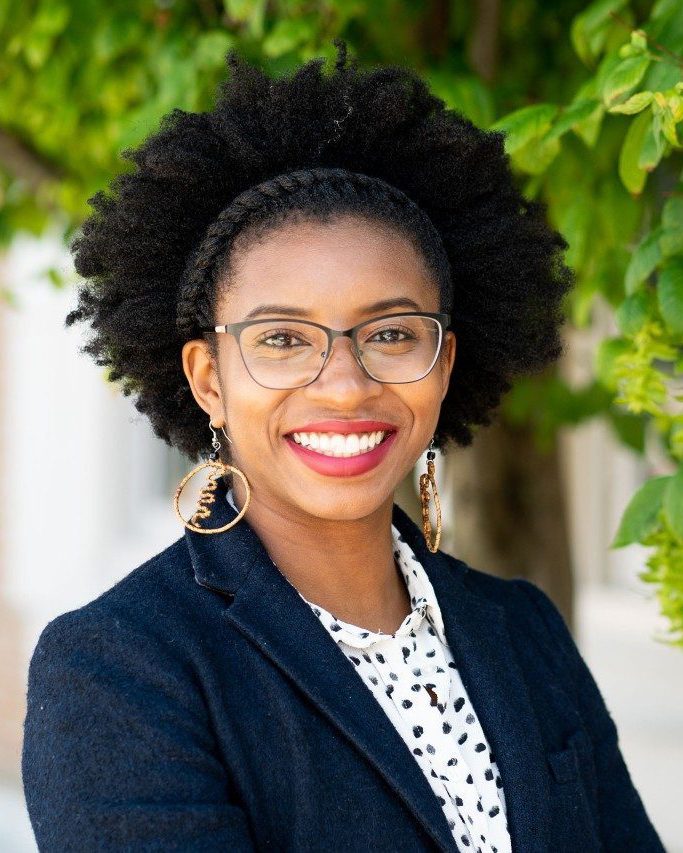Racism-Related Stress and Black American’s Romantic Relationships
 Open to Everyone
Open to Everyone
Compared to White Americans, Black Americans have poorer relationship outcomes including being among the least likely to marry, having poorer quality relationships, and being the least likely to stay married. These racial inequities in relationship outcomes have been attributed, in part, to racism which “defines, structures, reinforces, and constrains romantic relationships” (Landor & McNeil Smith, 2023, p. 7).
The Integrative Model for the Study of Stress in Black Families (Murry et al., 2018) frames racism and the inequities that it produces as stressors for Black family relationships. Importantly, romantic relationships can be a source of strength and resilience for Black Americans as they navigate shared experiences of racism-related stress, including persistent discrepancies in access to resources that undergird racial inequities, together. Black families’ existence and historical persistence in the face of racism suggests that individuals have consciously and unconsciously adapted behaviors and cognitions that can mitigate the adverse effects of racism. Importantly, racism and racism-related stress is multidimensional its effects can be complicated by other intersecting oppressions (e.g., cis-sexism, heterosexism, classism).
In this talk, Dr. TeKisha Rice Wallace will present published and ongoing work form her research on associations between racism-related stress, individual wellbeing, and relationship functioning among partnered Black Americans. In addition, the talk will discuss how a macro-contextual stressor such as racism-related stress can be experienced as a relational stressor. The talk will conclude by reviewing the implications, limitations, and future directions for this field of research.
About the Speaker
Dr. TeKisha Rice Wallace (she/her) is an Assistant Professor of Human Development and Family Science at Virginia Tech where she directs the Relationship Experiences: Strengths and Strains (REST) Lab. Using quantitative and qualitative methods, her research examines the complex associations between social stressors, individual wellbeing, and relationship dynamics. Her research is driven by the belief that all people deserve to live long lives full of joy and authentic relationships that minimize the challenges of navigating inevitably hard times. Dr. Rice Wallace’s research has been recognized by the International Association for Relationship Research.
Organizers
Institute for Social Research – Research Center for Group Dynamics

